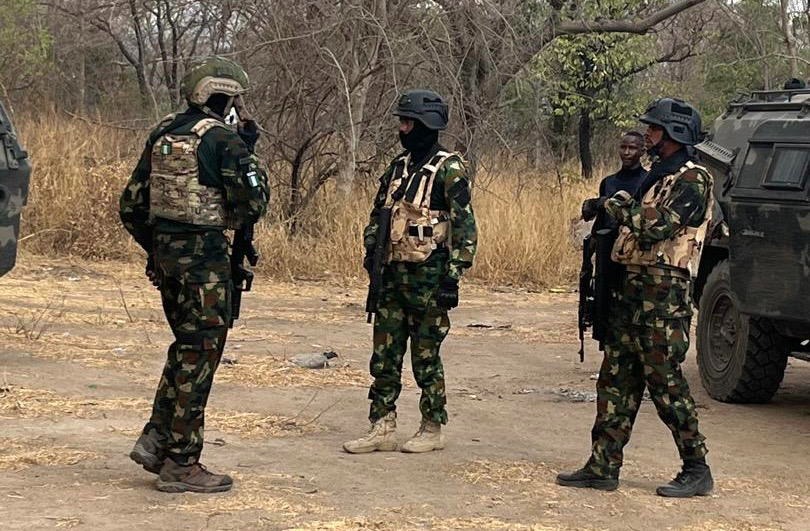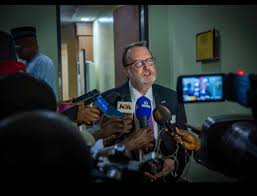In furtherance of operations to dislodge marauding terrorists in the North West, troops of 8 Division Nigerian Army on Monday night and early hours of Tuesday, stormed a notorious terrorist enclave at Mati Forest in Zamfara State. During the operation, scores of the terrorists were neutralised, several of their arms and ammunition recovered while one …


